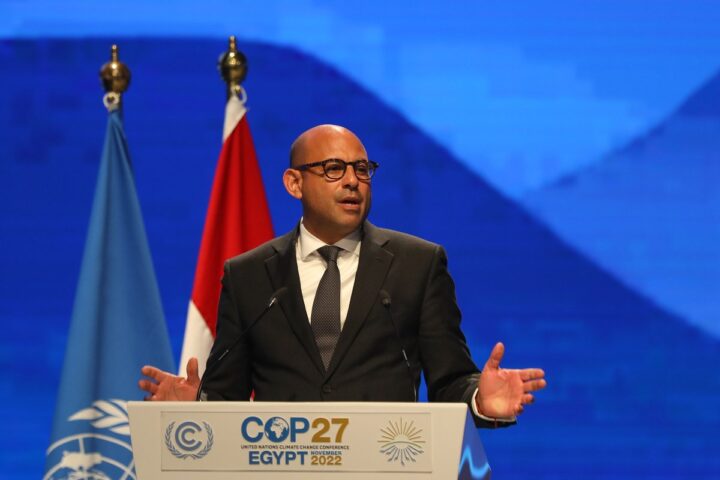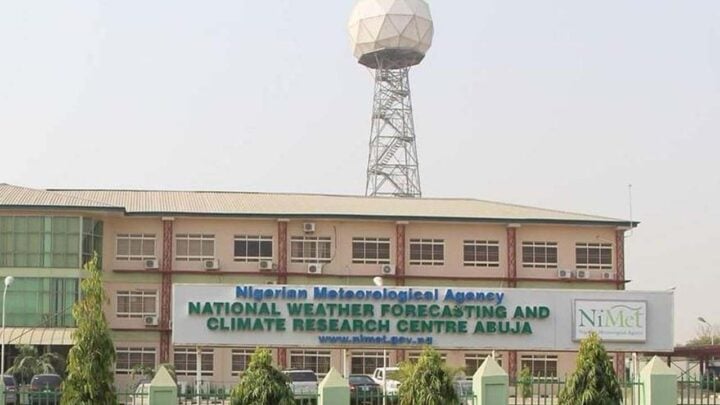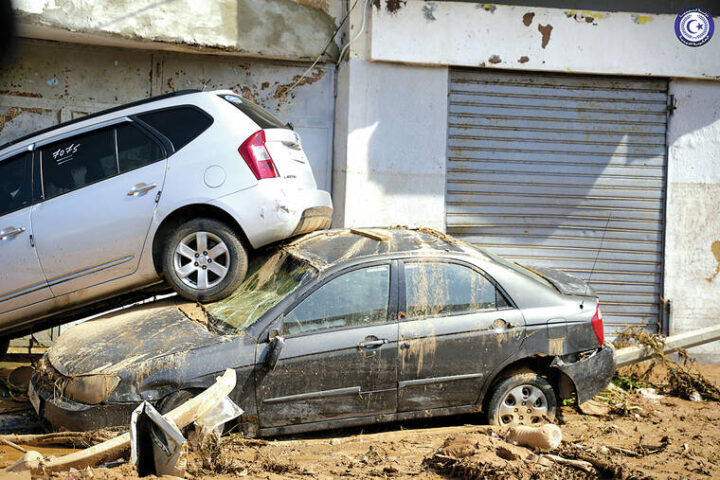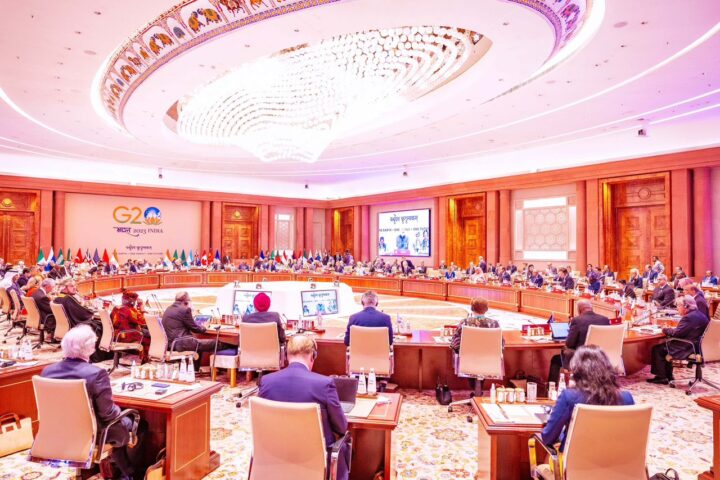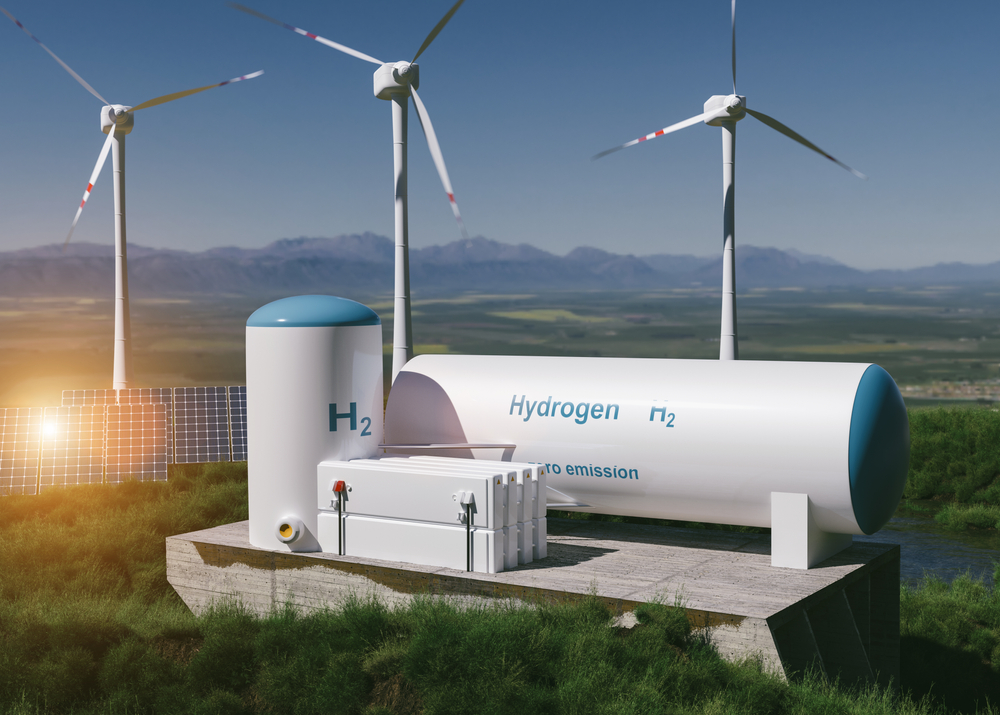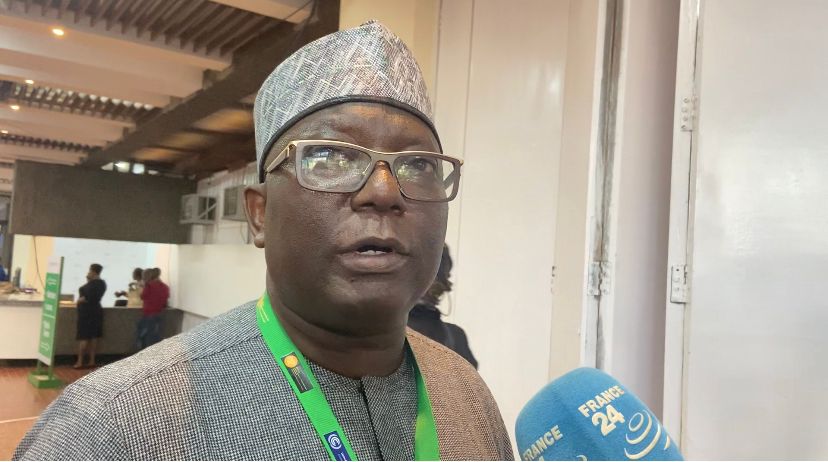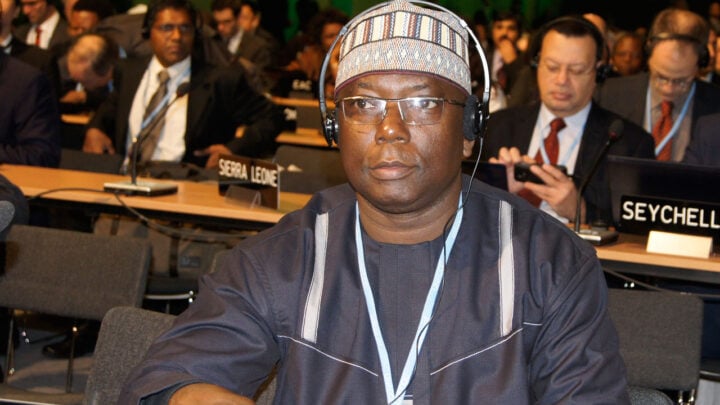Despite directly impacting our communities, health, and livelihood, climate-related reports usually take a back seat to dominant news beats like politics and business. Climate Watch aims to ensure you never miss important stories on climate change and actions being taken toward limiting its impacts.
Here is a round-up of last week’s climate stories:
- Akinwumi Adesina, president of the African Development Bank (AfDB), on September 3, said the organisation alongside the Global Center on Adaptation would launch a $1 billion climate adaptation initiative for African youths. Adesina said the initiative, tagged the “Youth Adapt”, would provide seed financing for ideas and businesses led by young people. Read more here.
- A report by the Global Climate and Health Alliance (GCHA), a body of civil society organisations, indicated that municipal solid waste contributes to about 12 percent of global anthropogenic methane emissions. The report revealed that greenhouse gases can be emitted at any stage of the solid waste management process. According to the report, three percent of total global greenhouse gas emissions is contributed by the waste sector while wastewater contributes to eight percent of global anthropogenic methane emissions. Find out more here.
- During the opening plenary of the Africa Climate Summit (ACS) in Nairobi, Kenya President William Ruto said the continent has what the world needs to decarbonise the global economy. Ruto said Africa is set to become the powerhouse of renewable energy and compete fairly in the global market. He said renewable energy can help Africa take care of its energy needs and could become a catalyst for socio-economic prosperity on the continent. Find out more here.
- Also at the summit, Andrew Mitchell, UK minister for development, announced new adaptation projects worth £49 million for Africa. Mitchell said the partnerships between Africa and the UK on green investment and climate resilience would grow economies and improve lives. Through the intervention, the UK intends to assist more than 400,000 farmers in building resilience against the effects of climate change. Find out more here.
- Save the Children, the charity organisation, on September 4, said 427,000 children in Nigeria were displaced by climate-induced disasters in 2022. The organisation said the 2022 flooding that occurred in different parts of Nigeria led to the highest number of displacements in sub-Saharan Africa – with 2.4 million victims. It said at least 1.85 million children in the region were displaced by climate shocks at the end of last year, compared to one million children affected by a similar crisis in 2021. Find out more here.
- The Borno state government on September 4 began the planting of 1.2 million tree seedlings to tackle desertification and environmental degradation in the state. Babagana Zulum, governor of Borno, said the state had lost over 80 percent of its vegetation to insurgency, adding that the issue of “climate change is of great concern”. Zulum said the exercise would enable the various communities to protect their environment as well as become climate smart. Read more here.
- A report by ActionAid said banks are channelling more finance into the major causes of climate change than they are funding climate solutions in the Global South. According to the report, the financing provided to the fossil fuel industry in the Global South reached an estimated $3.2 trillion in seven years since the Paris Agreement on climate change was adopted. Find out more here.
- At the Africa Climate Summit, President Bola Tinubu said Nigeria is working to secure a just energy transition partnership (JETP) to aid the country’s power transition targets. Tinubu said Nigeria seeks to be considered for JETP, noting that the financing scheme is fast becoming “a source of capital for climate-sensitive energy efforts”. He said such and other financial opportunities must be scaled up across Africa. Find out more here.
- Similarly, Ursula Von Der Leyen, president of the European Commission (EC), said €150 billion would be invested in Africa’s climate action. She said climate action is one of the biggest drivers of development in Africa, adding that Europe is committed to closing the investment gap. Von Der Leyen said the initiative would support investments in hydropower plants, climate adaptation and resilience, as well as develop a green economy in Africa. Find out more here.
- The United States has pledged a $3 billion annual donation to support Africa in adapting to and managing the impacts of climate change. John Kerry, the US special presidential envoy for climate, said Africa is a land of great promise. He also noted that the continent is also a place of upheaval because it is being disproportionately affected by the climate crisis. Kerry said US President Joe Biden is working with Congress to ensure that the fund would be available by 2024. He said the country would provide $30 million to accelerate climate-resilient food security efforts across Africa. Read more here.
- Simon Stiell, executive secretary of UN climate change, said there is a need to stabilise the climate change agenda and build resilient societies in Africa and globally. Stiell said the world needs to develop, but not in a carbon-intensive way. He said that Africa Climate Week would usher in actions that must enable governments to amplify their commitments, strengthen regional collaboration and empower local transformation. Stiell said this will enable African nations to come to COP28 leading in action and ambition. Read more here.
Add a comment
